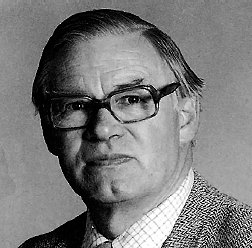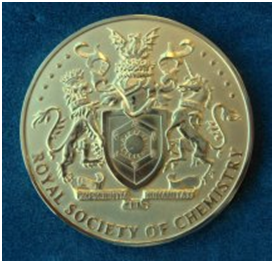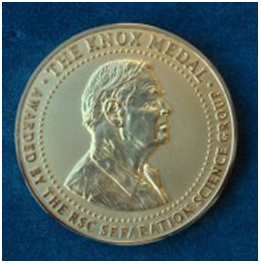
On the 15th October 2018, we lost one of the father-figures of chromatography. At the age of 90 John Knox sadly passed away.
John was a great man, one who managed to walk the very difficult line of being quite brilliant, but also humble enough not to covet the recognition and attention that comes along with such reputation. He was quietly respected by so many people who knew him to be ‘the man’. His legacy continues in the work of many of the current leaders in their field. Barely a lecture is delivered at a chromatography meeting, where some early and important reference isn’t made to him and his co-workers. For many, John is recognised through the Knox equation:
h=av1/3+b/v+cv
This, with the van Deemter equation, is widely accepted and used to describe the dependence on plate height on linear velocity of the mobile phase.
John was a dedicated academic and an innovator in chromatography. He led many new areas, building one of the first gas chromatographs with Howard Purnell whilst a student at Cambridge in the early 1950s. In the 60s he worked on liquid chromatography with J. C. Giddings in Utah and in the 70s produced new column chromatography materials, which we now know as Hypersil and Hypercarb.
In 2010 the Separation Science Group of the Royal Society of Chemistry awarded its first Knox Medal, to honour individuals deserving special recognition of their innovation or influential work in the field of separation science.


Below are a few quotes from Knox Medal winners:
“…the doyen of chromatography will be greatly missed” – Keith Bartle
“…John lived life to the full, and will leave his imprint on all of us who were lucky enough to meet such a great scientist and modest gentleman” – Ian Wilson
“…John was so very kind to me when I was just starting my career” – Jim Jorgenson”
John Knox will be remembered to be a great scientist, a leader in the field, a kind and decent man, with a good sense of humour whose work has and will continue to make an impact on scientific research.
– Prof. John Langley and Dr Bob Boughtflower, Separation Science Group of the Royal Society of Chemistry